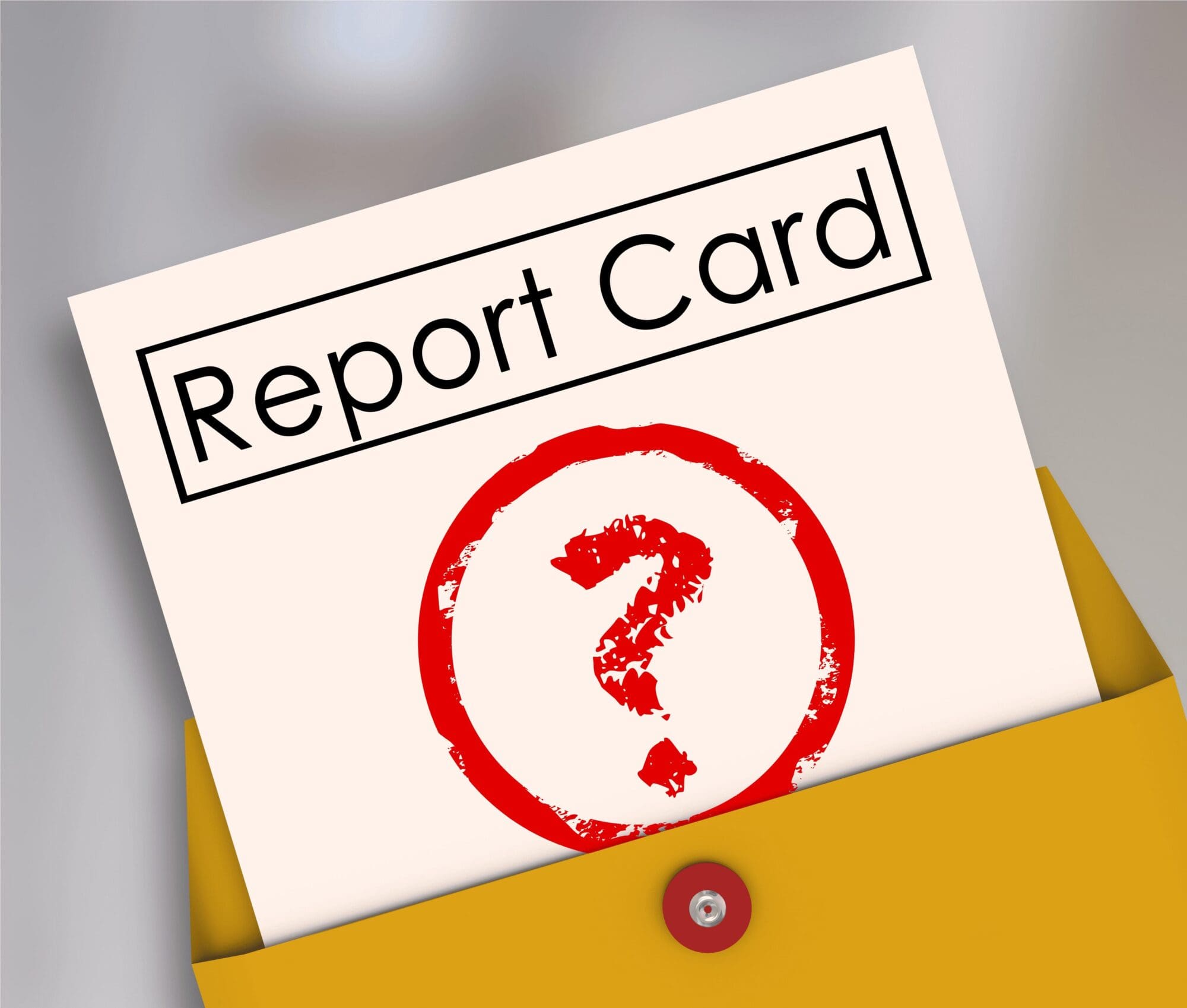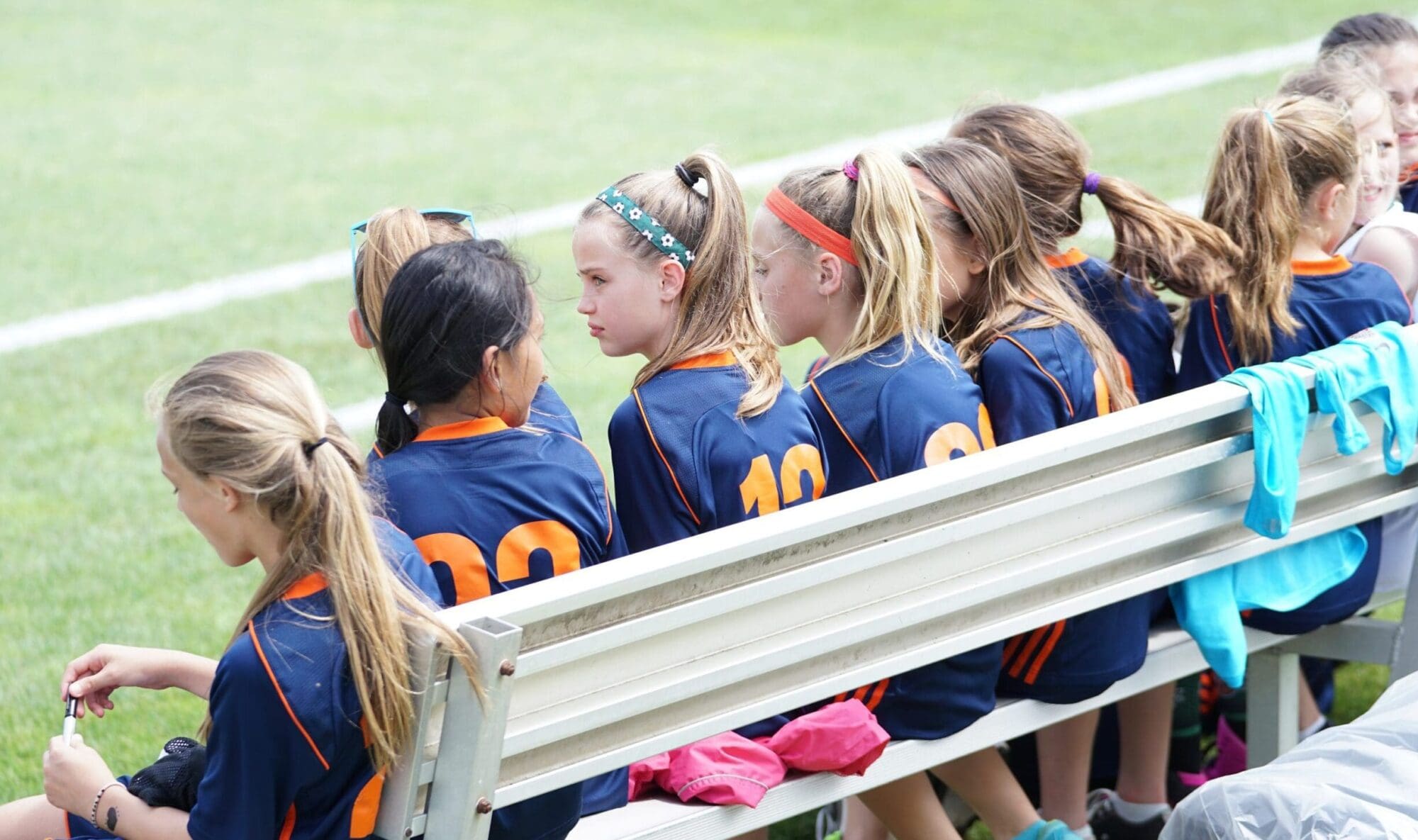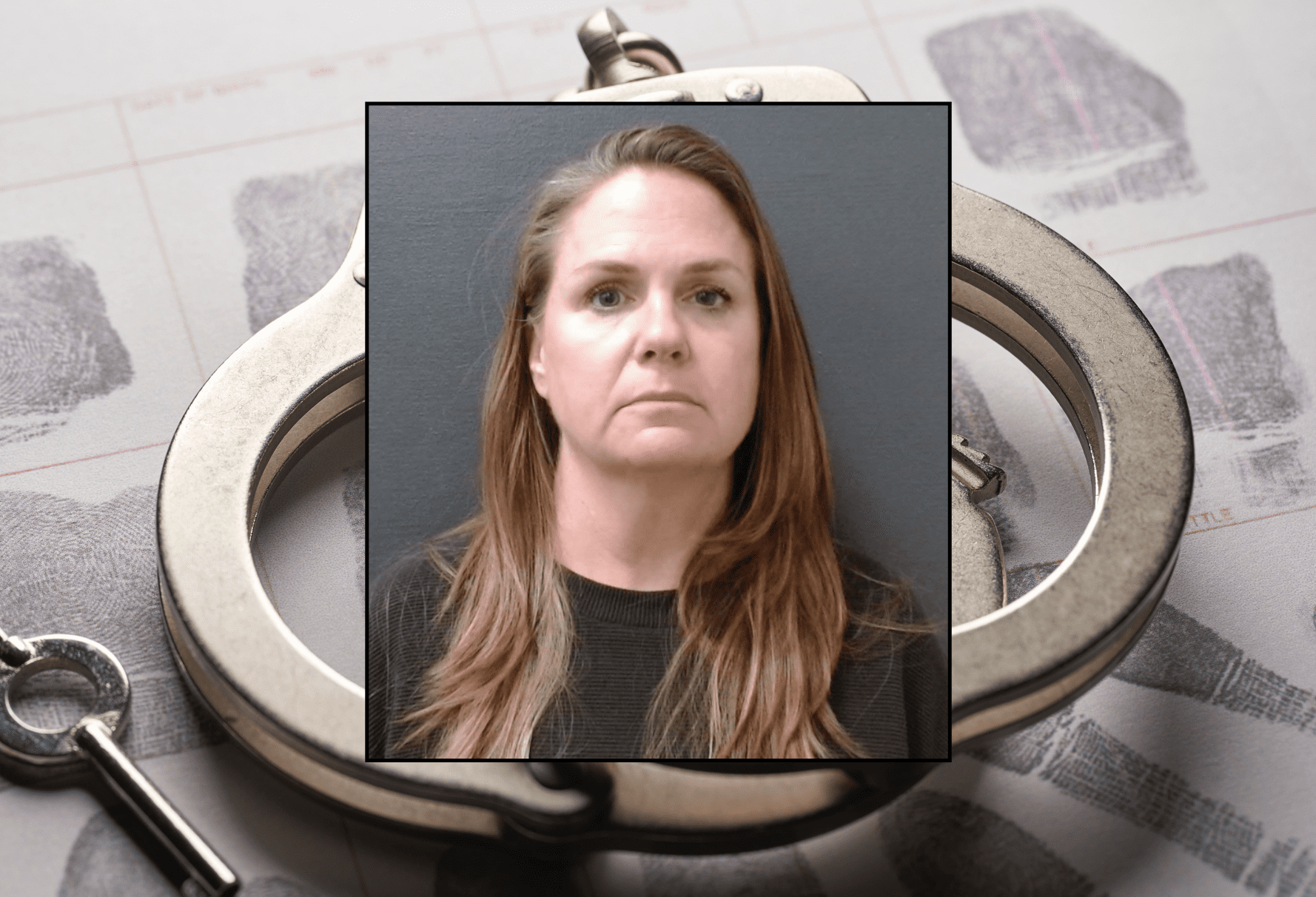A Texas parent concerned about schools exposing children to sexually explicit materials has started a petition urging lawmakers to close legal loopholes that are allowing obscene books into students’ libraries.
Obscenity is not protected free speech, and making obscene or harmful material available to minors is a crime under both federal and state laws.
But loopholes in Texas law allow giving minors access to otherwise illegal sexual content if it’s for “educational” or “governmental” purposes.
The petition calls on state legislators to repeal and rewrite the “obscenity exemptions” in Texas Penal Code Sec. 43.24, the state law prohibiting the distribution of harmful material to minors.
“If we repeal 43.24(c), watch how fast the books come off the shelves, and the finger-pointing stops, and distributors hesitate sending the books with obscene writing, drawings, or pictures,” petition author James Pope told Texas Scorecard.
Pope’s petition states, “When a section of the law is used to provide pornography and obscenity … to minors in public schools, a stand must be made by parents and the community at large.”
We are asking that it be repealed and reworded so it does not cover harmfully obscene content of any kind … in K-12 school libraries and classrooms.
This is not book burning or banning. This is limiting the ability of minors to access this kind of obscene material in public schools funded by taxes paid by the community.
Texas parents and school district officials have been grappling for months over library books containing graphic images and descriptions of minors engaged in sex. Parents say there should be book boundaries to ensure the content in their children’s school libraries is age-appropriate.
Federal guidelines note that the standard of what is harmful to minors may differ from the standard applied to adults.
The Texas law defines “harmful material” as material that, taken as a whole, appeals to the prurient interest of a minor in sex, nudity, or excretion; is patently offensive to prevailing standards in the adult community as a whole with respect to what is suitable for minors; and is utterly without redeeming social value for minors.
Pope isn’t the only parent wondering why the law says this harmful material is okay for kids when it’s inside a city or school library.
“Let’s quit ‘adulting’ our children,” wrote one petition signer. “This needs to stop.”
“I am an educator and advocate for safe and positive content for students in all areas of education and life,” wrote Veronica. “The protection of our children is vital to helping build healthy relationships through age-appropriate communication.”
“Schools should have the highest standards regarding instructional and resource materials,” added Anna, another signer.
Parent Jason noted he’s “paying taxes for schools I can’t send my kids to in good conscience,” while “schools are failing on the basics.”
Well over half of Texas students in grades 3 through 8 are failing to read at their grade level. Test results from 2021 show only 39 percent of students meet or exceed grade-level expectations, and reading scores have hovered in the 40 percent range since testing began in 2012.
“This is so heartbreaking that they are grooming children and schools aren’t a safe place for our youth,” wrote petition signer Tamara, raising another parental concern. “We need to have this fixed!”
Retired Texas DPS investigator Glen Aaron affirmed that concern at last week’s Fredericksburg ISD school board meeting, telling trustees that child predators often use sexually explicit materials found in schools:
Typically, a groomer will get this information through the student … through the schools. This has been going on for a while. I’m amazed that parents and school boards are just now figuring this out.
Petition signer Brandi said, “I filed a report on Leander ISD for obscenity, but the Williamson County DA couldn’t pursue due to this absurd exception.”
“Being a former law enforcement officer and dealing with penal codes, in my opinion, the only way to ensure lawyers and organizations don’t take advantage of loopholes is you don’t have any,” Pope said.
In 2019, parental rights advocates tried to get rid of these loopholes. House Bill 3135 would have eliminated the educational and governmental exceptions, but lawmakers in the Republican-controlled House failed to put the bill on the calendar for a vote.
Last week, in response to ongoing parental concerns and a directive from Gov. Greg Abbott, the Texas Education Agency issued a new model policy for selecting and reviewing school library books that specifically references the Texas Penal Code’s definition of harmful content for students. The policy also states, “No library material shall be used if it contains content that can meet the harmful material standard.”
But each independent school district will have to proactively adopt the new local policy, and some like McKinney ISD and Frisco ISD have downplayed parents’ concerns and maintained that their current policies are adequate.
Pope and other advocates for protecting students from harmful sexual content hope the petition raises awareness among lawmakers, law enforcement, school officials, and parents that this is a serious issue in Texas’ K-12 schools.
“We have a lot of Momma Bears fighting,” Pope added. “We need more Papa Bears in this fight.”





